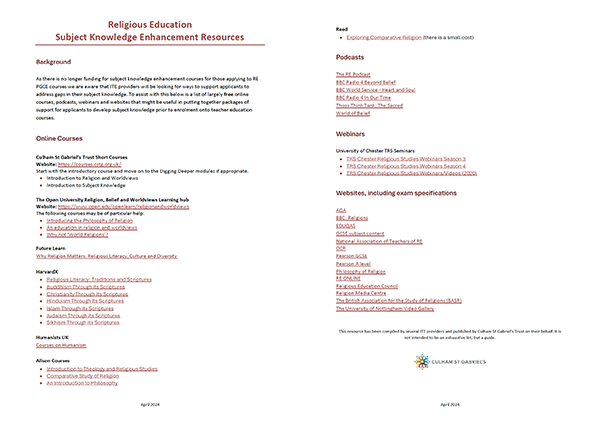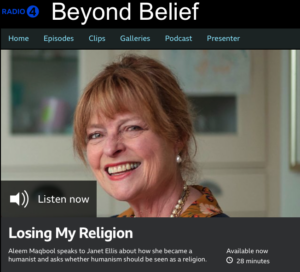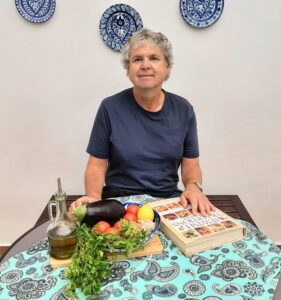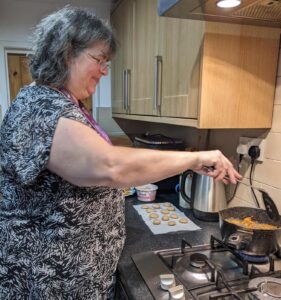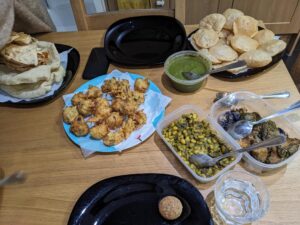As we come to the end of 2023, I thought I’d reflect in a seasonal way on our last year….
On the first day of Christmas my true love sent to me a CRM system created by Tracey
On the second day of Christmas my true love sent to me two new members of staff and a CRM system created by Tracey.
On the third day of Christmas my true love sent to me three doctoral scholarships, two new members of staff and a CRM system created by Tracey.
On the fourth day of Christmas my true love sent to me four Board meetings, three doctoral scholarships, two new members of staff and a CRM system created by Tracey.
On the fifth day of Christmas my true love sent to me five funding awards, four Board meetings, three doctoral scholarships, two new members of staff and a CRM system created by Tracey.
On the sixth day of Christmas my true love sent to me six e-learning courses, five funding awards, four Board meetings, three doctoral scholarships, two new members of staff and a CRM system created by Tracey.
On the seventh day of Christmas my true love sent to me seven conferences attended, six e-learning courses, five funding awards, four Board meetings, three doctoral scholarships, two new members of staff and a CRM system created by Tracey.
On the eight day of Christmas my true love sent to me eight new connections and partnerships, seven conferences attended, six e-learning courses, five funding awards, four Board meetings, three doctoral scholarships, two new members of staff and a CRM system created by Tracey.
On the nineth day of Christmas my true love sent to me nine (hundred) online meetings, eight new connections and partnerships, seven conferences attended, six e-learning courses, five funding awards, four Board meetings, three doctoral scholarships, two new members of staff and a CRM system created by Tracey.
On the tenth day of Christmas my true love sent to me ten research of the months, nine (hundred) online meetings, eight new connections and partnerships, seven conferences attended, six e-learning courses, five funding awards, four Board meetings, three doctoral scholarships, two new members of staff and a CRM system created by Tracey.
On the eleventh day of Christmas my true love sent to me eleven masters and leadership scholars, ten research of the months, nine (hundred) online meetings, eight new connections and partnerships, seven conferences attended, six e-learning courses, five funding awards, four Board meetings, three doctoral scholarships, two new members of staff and a CRM system created by Tracey.
On the twelfth day of Christmas my true love sent to me twelve recommendations of the National Content Standard, eleven masters’ and leadership scholars, ten research of the months, nine (hundred) online meetings, eight new connections and partnerships, seven conferences attended, six e-learning courses, five funding awards, four Board meetings, three doctoral scholarships, two new members of staff and a CRM system created by Tracey.
Have a great festive season, however and whatever you may be celebrating! We look forward to working with and supporting you in the New Year.
Kathryn Wright
CEO, CSTG
Please note: Numbers do not necessarily equate to reality except in some cases!!!!!!
